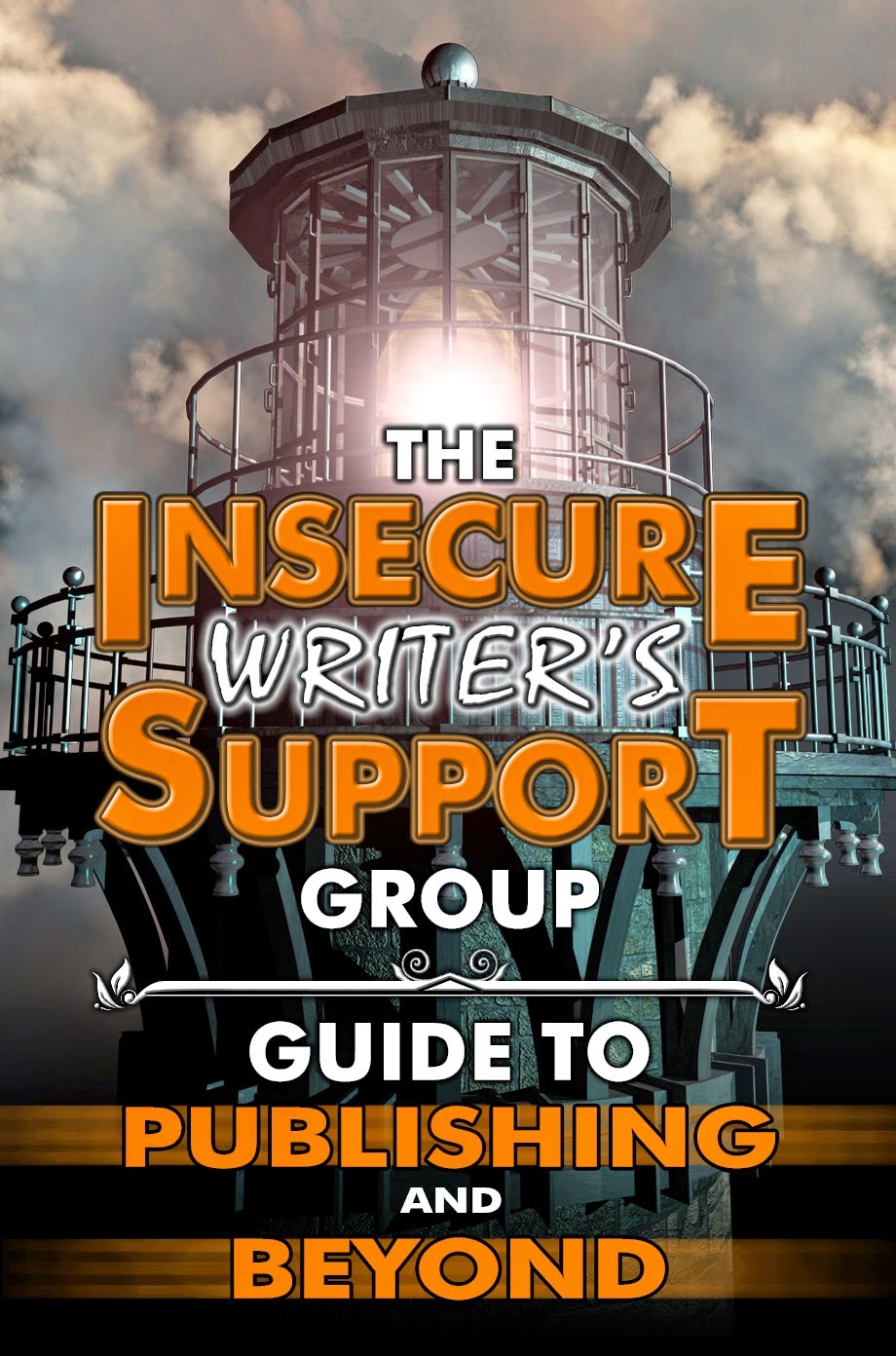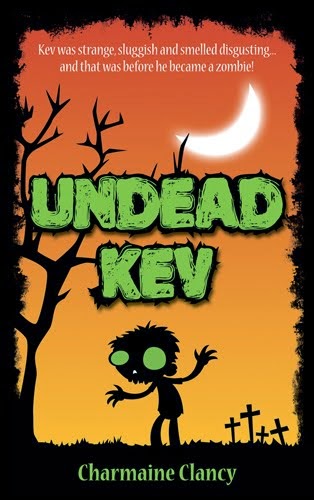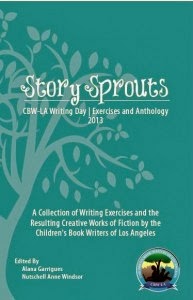This is another of my posts on
how a successful author hooks the
reader at the start of the story, what information she feels is necessary at
this point and how she approaches things like POV, character and voice (other first chapter I’ve analysed can be found here: Chapter One Analyses).
I chose The Casual Vacancy by JK Rowling
partly because it’s in the news, but also because it was a good opportunity to
see how an author goes about winning over readers who might be sceptical or
wary of her attempt at a new genre.
I should point out I haven’t read the whole
book and my only aim is to look at the opening on a technical level,
with a view
to taking it apart to see what works, what doesn’t (and how she got round
that), which conventions are used well, and which are broken to good effect. I will not be passing judgement on the novel
in terms of content or its place in literature.
Barry Fairweather did not want to go out to dinner.
The books starts with a prologue
wherein Barry, somewhat reluctantly, takes his wife out for an anniversary
dinner. He gets as far as the golf club car park and promptly drops dead of a
brain aneurysm.
This is the inciting incident
that sets things in motion for the rest of the book, so it’s important. In
terms of how it’s presented, it’s fairly direct and underplayed. His death
isn’t dramatic or sensational in any way. Just one of those things.
There is one moment of blunt
foreshadowing: They were watching
television when he said good-bye to them for the last time, and only Declan,
the youngest, turned to look at him, and raised his hand in farewell.
That ‘for the last time’ tells us
in advance that daddy won’t be coming home. This sets up a feeling of anticipation,
I guess.
The POV starts off in third
person, close to Barry. His thoughts, his attitudes, his emotions. But it ends
up being omniscient, a POV not all that popular these days (or so we’re told).
More on this later.
The next chapter (chapter one
proper) is about Miles and Samantha, a well to-do couple, very middle-class,
who were in the car park when Barry keeled over. The main action here is Miles
phoning his father to tell him Barry’s dead, while Samantha thinks snippy
things about her husband, his parents and life in general.
The idea that Barry’s death is a
big deal to this community comes across strongly (it’s pretty much central to
everything).
The POV is now very definitely omniscient.
We get a lot of what Samantha is thinking, but the observation on what she
looks like is presented from a less than flattering outsider’s view. Her fading
good looks and leathery over-tanned skin are mentioned repeatedly.
The difference between omni and
head-hopping (where we jump from one character’s perspective to another’s) is
that omni is presented from a singular perspective, that of the author’s.
Here, there is a very definite
judgemental view of these people. You aren’t supposed to like them and the author
isn’t shy about informing you of that fact.
Up to this point I was having a
hard time figuring out why anyone would care about these people. Not likeable
and not much going n, is how it felt. The chapters are quite short so I decided
to read the next one, which is where I started to see things more clearly.
Next we shift to another family
at breakfast. The news here is also about Barry, but events are more focused on
familial problems, mainly that one of the children has been caught smoking
in the garden shed and the father is very angry. This escalates to the point
where he becomes threatening to the wife and there is an indication he has been
physically abusive in the past and that the family live in fear of him.
Most of
this comes through the thoughts of the eldest son, who hates his father. There
is also an extreme amount of swearing in this chapter; fuck, cunt, shit, all
the big guns.
So now I start to get it. First,
the short chapters linking a large cast of characters through Barry’s death are
present in mosaic fashion. You may not see the purpose of this scene now, but
watch the ripples expand and collide.
This is a difficult thing for a new
writer to attempt, since slow, seemingly inconsequential events could lead
somewhere but often don’t. For JK, she can afford to test her readers’ patience
a little, and if it works out it will be seen as an ambitious approach (and
what other approach would you expect from her?).
She also creates tension in
scenes not through direct conflict (although that may happen later in the book)
but by having two contrasting views of each scene: what we see happening, and
what the characters are really thinking about it.
I can’t be sure she does this
for the whole book, but so far she chooses one character in each scene and
tells us what they really think, which isn’t how things appear on the surface.
This is an unusual POV choice. It
isn’t Limited 3rd POV where you stick with one character’s perception, the narrative
here tells us lots of things the main character can’t know. After Barry dies, for
example, we continue to get information about what’s happening even though we
were seeing events from his perspective until then.
But we also get the inner
thoughts of one character in the scene which offers a contrast to how things
seem to be happening, and that character can be anyone. Which adds to the
mosaic feel of things.
This clash of external and
internal provides the tension. I don’t know if the whole book is in that style,
but it’s an interesting way to present a story, where no one’s being honest about
their feelings, because of fear, embarrassment, manners, middle-class
repression and a host of other reasons.
The short chapters help keep
things moving, although they do lend the characters are slight caricature vibe,
middle-class people who belong to the golf club and have the vicar round for tea,
and turn out to be swingers.That may not be a fair assessment of the book as a whole, I'm sure depth is added as the sory goes on, but that's the immediate impression.
There’s also a very strong sense
of the author telling you who to like and who to scoff at in mocking fashion. Not subtle.
That kind of spoonfeeding the reader is a little more
acceptable in children’s books where the bad guy killed your parents, but I can
see it getting people’s backs up it they don’t share the same views about such people
(or if they are such people).
Overall, though, the key
technique used to lure readers in, I think, is the dual POV. The objective
overview of what people are doing (well, objective with a dash of judgemental derision),
contrasted with the inner (often vitriolic) thoughts of one of the characters
caught up in the scenario.
While I don’t think most new
writers will be afforded the chance of such a long, slow build up, I do think that
approach of showing things not to be how you might think is an interesting
alternative to direct confrontation.
You can find more Chapter One
Analyses for books across many genres (YA, MG, Romance, Crime, Horror,
Thriller, Sci-Fi and Fantasy) here.
If you found this post useful, please give it a retweet. If you are JK Rowling, please don't sue me. Cheers.








































































































20 comments:
I think she should write more Harry Potter.
Very interesting and you have actually tempted me to read the book and though I have read all of the boy wizard I hadn't actually intended to give this a go - however, I may well do so now. - Cheers DD
@Michael-I'd rather she write me a cheque.
@Diane-do you think JK will give me a commission?
Doesn't sound very exciting. A slow build is is tough.
@Alex-I can't speak for the rest of the book, but the opening certainly isn't action-packed. I guess that's one of the things you can get away with when your fandom is legion.
I've been immensely curious about this book. It took me a long time to get to the Harry Potter's, I think it'll be a while before I get to this one. I think she's earned the right to believe readers will give her a longer leash for the story to hit its stride.
I agree with Michael though, I'd rather she go back to the Potterverse. Well, I wouldn't turn down a check from her either, as long as I'm wishing.
I picked this book up in Waterstones and read the first few pages, I'm afraid it didn't hook me. Interesting post.
@Rusty-you might want to wait for the paperback release. I wonder if the ebook price will come down then.
@Maria-having read the first few chapters I don't feel particularly inclined to read the rest of it.
Hmm, interesting. I haven't decided yet if I want to read this or not. The reviews for this book are so divided--either it's fabulous or it's disappointing. Your analysis intrigues me to read it just because it's JK Rowling, and I'm curious about the POVs, the telling, the slow build-up and how she's getting away with it all. Then again, maybe she gets away with it because she's JK Rowling.Hmmm...
So interesting. I very much enjoyed this look into her book!
Interesting analysis. I'm planning to read this novel; it's not the kind of book I usually pick up, but I'm interested to see how her writing style translates from Harry Potter.
@Precy-the suject matter is what would stop me from reading it. I just don't care about the kind of broad characters from that part of the world. Feels too much like a 70s sitcom.
@Lydia-cheers.
@TGE-I felt I could recognise her voice from the HP books. Whether that's a good thing, though, I don't know.
Interesting post. JK's name is big but the reviews so far of Casual Vacancy doesn't look good.
@Nas-I think that was always going to be the case. Luckily for her most people don't seem to care what reviewers think.
I think it is so good for your craft to pick apart chapters like this!
@Peggy-I'm hoping so!
I'm reading this at the moment and am finding it difficult to get into. Only on page fifty-something at the moment. I think it's because I much prefer first person narratives. I'm trying to put that aside and persevere though. Hopefully it's worth the time investment.
I really enjoyed The Casual Vacancy- you're right, taking a 3rd person's POV limits a writer- I like how she skipped from person to person throughout the book, even within the same scenes.
@Ghadeer-you can't accuse her for not making bold choices, that's for sure.
Congrats for the article. I read the first Potter to improve my English assuming it would be a fluffy cheesy tale. The book surpassed my expectations. Tight plot, emotionally involving characters, and every twist was cunningly set up. JK Rowling struck me as an excellent storyteller. I haven't read the Casual Vacany, but I have no doubt it will be well written.